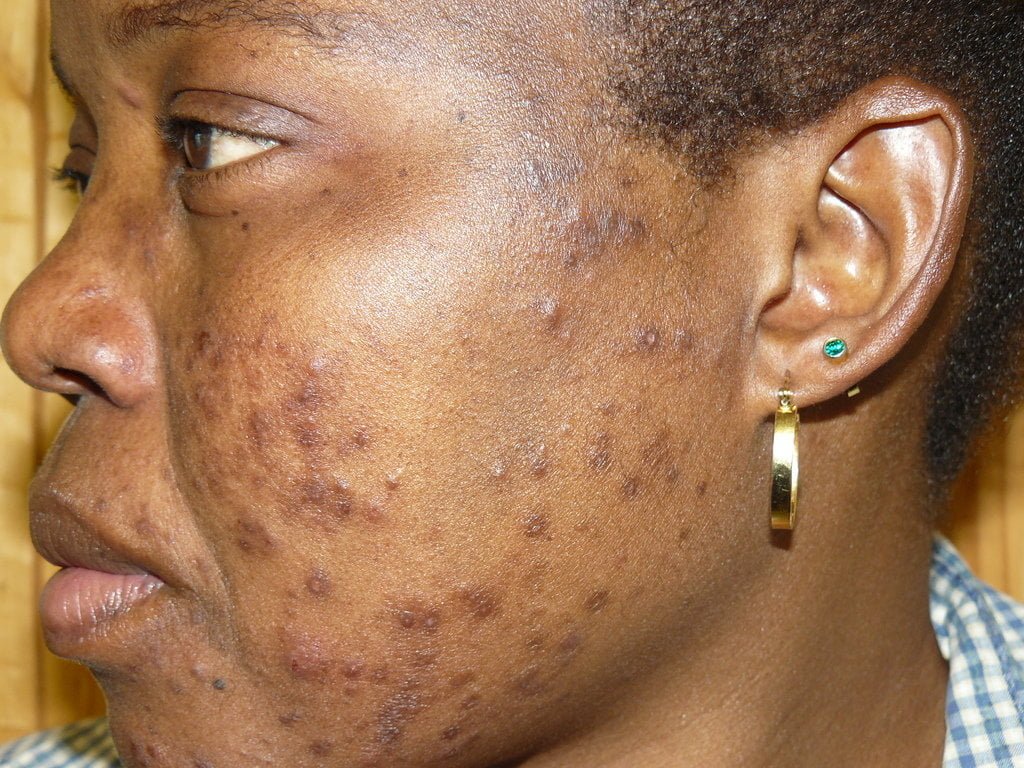[expander_maker id=”1″ ]Read more hidden text[/expander_maker]Unerstanding how HIV is not transmitted is crucial for dispelling misconceptions and reducing stigma associated with the virus. HIV is primarily transmitted through specific bodily fluids, and there are several ways in which it cannot be contracted even when in close contact with an infected person.
Casual Contact:** HIV is not transmitted through casual contact such as hugging, shaking hands, or sharing everyday items like dishes and utensils. The virus does not survive well outside the human body, and these activities do not involve the exchange of bodily fluids that carry the virus.
Airborne Transmission:** HIV is not an airborne virus, meaning it is not spread through respiratory droplets. Breathing the same air as an infected person, being in close proximity, or sharing a confined space does not pose a risk of transmission.
Insect Bites:** Unlike some other infectious diseases, HIV is not transmitted through insect bites. Mosquitoes, ticks, or other insects do not spread the virus, as the virus cannot reproduce in insects and is not present in their saliva.
Donating Blood: Blood donation is a regulated process, and strict screening measures are in place to ensure that donated blood is free of HIV and other infectious agents. If someone is living with HIV and donates blood, the donation will be identified and discarded during the screening process.
Saliva, Tears, and Sweat:** Although HIV can be present in certain bodily fluids, the concentration in saliva, tears, and sweat is not high enough to transmit the virus. Kissing, sharing food, or participating in sports activities does not pose a risk of HIV transmission.
Closed-Mouth Kissing:** While HIV can be present in saliva, closed-mouth kissing (without exchanging blood) is considered low risk for transmission.
Understanding these modes of non-transmission is essential for promoting accurate information and fostering a supportive environment for individuals living with HIV. Public awareness campaigns play a crucial role in dispelling myths and ensuring that people have the correct information about how HIV is and is not transmitted.

